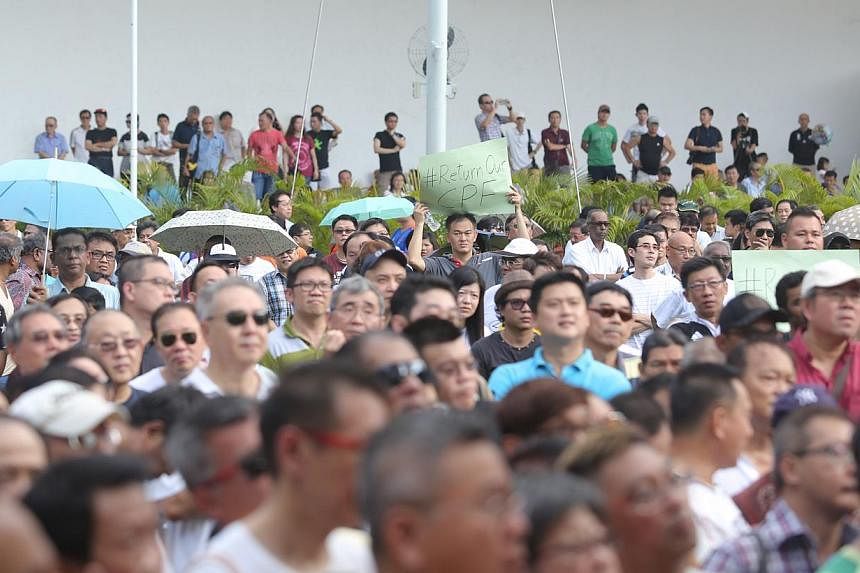TWO articles in The Straits Times Opinion pages this week remind us of the hazard of stereotyping a person by category.
The first is by pastor Daniel Koh Kah Soon. He writes on political debate and makes a call for people to be fair to each other.
He wrote: "A wise professor of Ethics at my alma mater Southern Methodist University, Dallas, Texas, used to remind students that in debate we should focus on the strength and weakness of an argument.
"You may not like a person, or what that person stands for, but fair debate means that someone's point of view should not be dismissed because of his or her association with a particular political party, or link with certain company. One does not descend to an ad hominem attack, attacking the person rather the view."
His article is here Politics and engagement: A modest proposal for the common good
When debating, by all means critique the point of view, but not the person, not his race, his political affiliation, his job or his height. Avoid ad hominem attacks. Be fair.
The other article that serves as a useful reminder against stereotyping is by psychiatrist Chong Siow Ann. One of our panel of expert writers for the By Invitation column that appears on Wednesdays and Saturdays, Dr Chong has often written against stigmatising those with mental illness.
His latest article is The mystery behind mass murders
In it, he refers to recent incidents of mass killings - Elliot Rodgers, who went on a shooting spree in California last month; and Taiwanese Cheng Chieh, who stabbed four people to death.
It's common for parents or family members to ask themselves, when a loved one goes astray: What did I do wrong? How could I have missed those signs?
But the truth is, it's practically impossible to predict who will turn violent, says Dr Chong.
He notes that all young men who embark on such mass killings are mentally ill - but it doesn't mean that all mentally ill people are prone to violence.
If anything, research shows that people with serious mental ill people are more often victims of violence than perpetrators.
So what causes some to turn to such horrific violence?
Dr Chong goes on to quote the final paragraph of an essay from Susan Klebold, the mother of one of the two young gunmen in the 1999 Columbine High School shooting who killed 24 people before turning the gun on themselves.
The title of the essay was "I Will Never Know Why." Her final paragraph read: "I think I believed that if I loved someone as deeply as I loved (my son), I would know if he were in trouble. My maternal instincts would keep him safe. But I didn't know. And my instincts weren't enough. And the fact that I never saw tragedy coming is still almost inconceivable to me."
That some mentally ill people become violent does not mean that mentally ill people are violent.
That a person belongs to a certain political party, or supports another, does not rob that person of the right to express honest views and take part in civil discussion on a serious issue.
When we let stereotypes overtake us, then the chance for genuine understanding diminishes.
Chua Mui Hoong writes a weekly blog on this page on Sundays.

